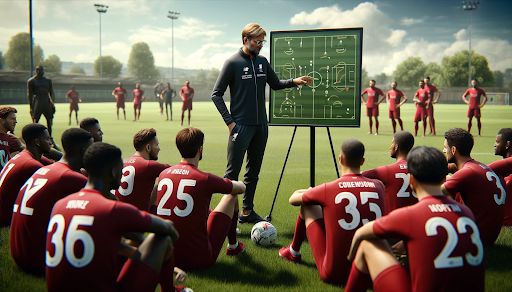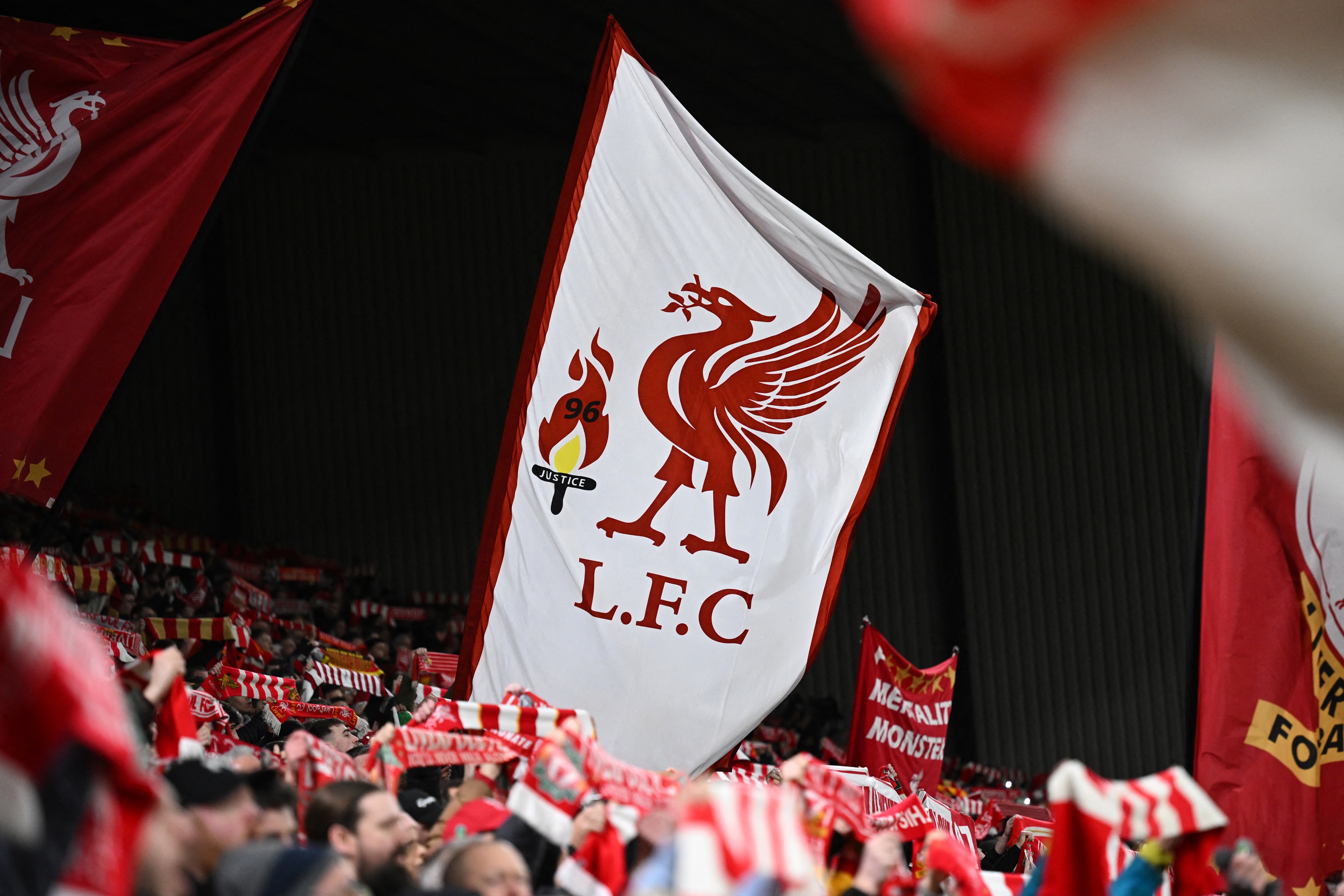In the rapidly evolving world of football, tactical adaptation is not just an option; it’s a necessity. Liverpool, a club with a rich history and a bright future, stands out as a prime example of this evolution. The team’s ability to adjust its strategies to meet the demands of the modern game is a key factor behind its recent successes. Additionally, platforms like 1xbet play a significant role by enabling fans to engage more deeply with the game through betting.

Liverpool’s Tactical Shifts Under Recent Management
The Klopp Effect
Since Jürgen Klopp took over in 2015, Liverpool has undergone a profound transformation in its playing style. Klopp introduced the “Gegenpressing” or counter-pressing strategy, which emphasizes immediate retrieval of the ball after losing possession. This tactic not only disrupts the opponent’s attacks but also sets up Liverpool to transition quickly from defence to offence.
Innovations in Formation and Flexibility
Klopp has not been afraid to tweak formations based on the squad’s strengths and weaknesses. Initially favouring a 4-3-3 setup, he has also adapted to a 4-2-3-1 or even a 4-5-1 when needed. These adjustments are crucial during games where tactical flexibility can exploit the opponent’s vulnerabilities.
Role of Data Analytics
Liverpool has embraced the use of advanced data analytics to enhance its tactical (and managerial appointment) decisions. The club’s partnership with various technology firms has enabled it to leverage player performance data to improve training and match-day strategies. This data-driven approach helps in fine-tuning player roles and understanding the dynamics of the team’s play with greater precision.
Examples of Analytics in Action
- Player fitness and load management: Monitoring the physical output to ensure players are at peak condition without the risk of overtraining.
- Opponent analysis: Using data to break down the playing style and weaknesses of upcoming opponents.
- Set-piece optimization: Analyzing patterns and outcomes to enhance the effectiveness of corners and free-kicks.
Adapting to Opponents and Situations
Liverpool’s ability to adapt tactically is not just about sticking to a single strategy but also modifying it mid-game to counter specific threats or exploit opportunities.
Case Studies of Tactical Adaptation
- Champions League Comeback: In the 2019 Champions League semi-final against Barcelona, Liverpool overturned a three-goal deficit by adjusting their approach to press higher up the pitch and utilize the width more effectively.
- Adjusting to Player Availability: During periods of injury crises, Klopp has creatively repositioned players, like moving Fabinho from midfield to centre-back, showcasing tactical flexibility.
FOLLOW Empire of the Kop on Instagram (@empireofthekop) HERE
READ MORE: How close Liverpool are to sealing Arne Slot deal as talks collapse elsewhere

Financial Strategy and Market Adaptations
In addition to on-field tactics, Liverpool’s approach to financial management and market strategy plays a crucial role in the club’s ability to stay competitive. Under the ownership of Fenway Sports Group, Liverpool has become adept at leveraging its brand globally, which enhances its purchasing power in the transfer market. The club has made several high-profile signings that fit perfectly into Klopp’s tactical vision, such as Virgil van Dijk and Alisson Becker, who were crucial in transforming the team’s defensive capabilities.
Moreover, Liverpool has excelled in maximising revenue through merchandising, international tours, and digital engagement, allowing the club to reinvest in both its squad and infrastructure. The redevelopment of Anfield and the construction of a state-of-the-art training facility are testaments to their long-term strategic planning. These financial and marketing adaptations ensure that Liverpool remains at the forefront of football’s elite, capable of attracting and retaining top talent.
The Role of Youth and Future Prospects
The infusion of young talents like Curtis Jones and Harvey Elliott into the first team is a testament to Liverpool’s forward-thinking approach. These players are not only technically gifted but are also being groomed to adapt to various tactical demands of the team.
Remarkably, the latter of the pair admitted he was close to joining Real Madrid in 2019 in an episode of the We Are Liverpool podcast. So it certainly goes to show how competent our recruitment team is!
Preparing the Next Generation
Liverpool’s academy focuses on developing versatile players who can perform in multiple positions and systems. This not only ensures a seamless transition to the first team but also prepares them for the tactical evolutions of the future.
Conclusion
Liverpool’s tactical evolution is a blend of intelligent management, innovative use of technology, and a forward-thinking approach to player development. As the game continues to evolve, the ability to adapt will remain a cornerstone of success for top clubs. Platforms like 1xbet offer fans a way to participate in the game’s dynamics, enhancing their overall experience and engagement with football.
